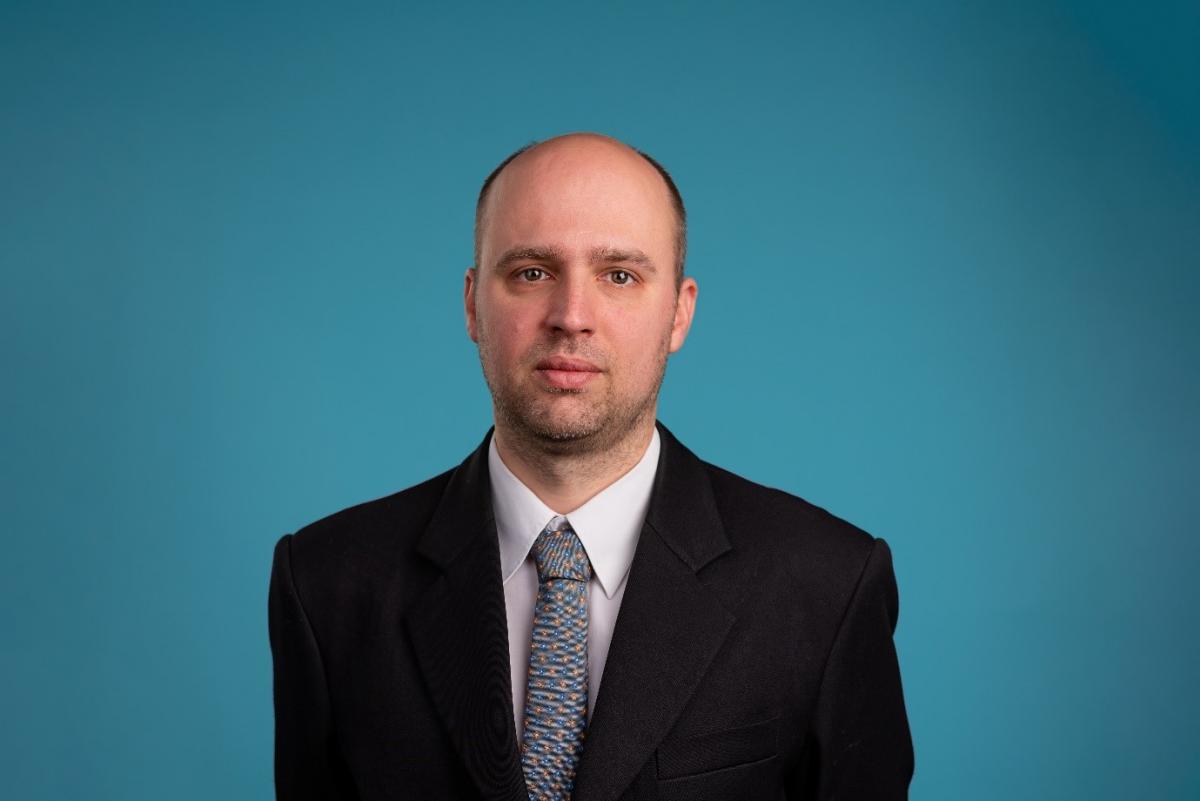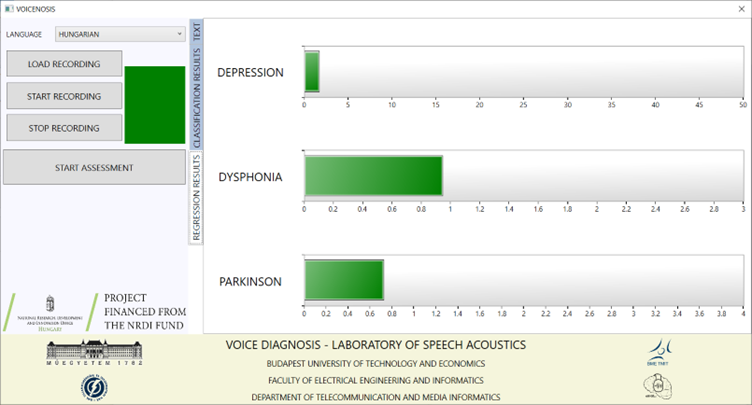News feed
How AI technology developed in Antarctica can help diagnose depression
2023. 03. 29.Software based on speech analysis has been developed by specialists from Budapest University of Technology and Economics (BME) and Semmelweis University to help diagnose depression.
The technology could speed up screening for the disorder, which affects millions worldwide, saving time and money for overstretched healthcare systems. The AI-based app is ready but needs further testing before launching. The work began in 2012 after BME got involved in a research project with the Concordia European Space Agency to measure the psychological state of scientists working in Antarctica. Since they are based in hard-to-reach places with an extreme climate, the Hungarian researchers tried to identify changes in their psychological state using regularly recorded speech samples. The cooperation between Semmelweis University and BME grew out of this project.
"Researchers have been trying to define non-invasive biomarkers (objectively measurable characteristics) that can help recognise depression earlier and speed up the diagnostic process for a long time. By now, there is a consensus in the literature that patients' altered speech could be one of these biomarkers", says Bálint Hajduska-Dér, assistant professor at the Department of Psychiatry and Psychotherapy at Semmelweis University, Budapest, Hungary, and the first author of a study published in the journal Frontiers in Psychiatry.

photo: Barta Bálint - Semmelweis Egyetem
"The speech of depressed patients usually becomes more monotonous and quieter; they pause more often. We teach these characteristics to the software using a special method (Support Vector Regression)," explains Gábor Kiss, a scientific associate at BME's Department of Telecommunications and Media Informatics.

Depression is a common disorder; approximately 280 million people, 5% of the adult population, may be affected – according to data from the World Health Organisation (WHO). Some forecasts predict that by 2030, this specific mental health problem may impose the greatest burden on the world's health and economic systems.
Due to the diversity of symptoms, the stigma surrounding mental health, and staff shortages affecting the healthcare system worldwide, diagnosis is challenging and time-consuming.
In their latest study, the Hungarian researchers tried to establish which commonly-used diagnostic tests helped the software identify depression more accurately.
The most often used tests are the Beck Depression Inventory (BDI) or the Hamilton Rating Scale for Depression (HAMD); however, neither is entirely objective.
The BDI test is self-administered; so much depends on how the patients evaluate their condition which can lead to symptoms being exaggerated or downplayed. However, this method is faster and doesn't necessarily require the presence of a doctor to diagnose depression. The HAMD test, on the other hand, is completed by a clinician, so symptoms that the patient may not consider important can be observed - but it is more time-consuming.
Voice samples of 218 depressed and healthy people (144 women, 74 men) from the Hungarian Depression Speech Database were used for the research. The participants had to read a short, 10-sentence long story called "The North Wind and the Sun". The specialists recorded their BDI scores, age, gender, smoking, medication habits and any disease affecting their speech. HAMD scores were also recorded from 20% (43) of the participants.
The researchers compared different physical characteristics in each speech sample, including sound spectrum, voice dynamics or rhythm.
They found that the app screened depressed patients with 84% accuracy when the software was "trained" with the clinician-completed HAMD test scores and 76% accuracy when using the self-administered BDI test results.
"We proved that with the help of acoustic biomarkers, depression could be recognised earlier, and an automated decision-making software would be a highly beneficial diagnostic tool. It could be used in general medical practices and in the form of easily available, low-cost mobile or web applications," says Dr. Gábor Kiss.
Dr. Hajduska-Dér adds: "patient-journey could be shortened and accelerated with the early recognition of depression based on voice-analysis. Those affected could receive the appropriate treatment sooner if a family doctor, with the help of the app, considered that the patient might be depressed, even if they have mainly physical symptoms such as abdominal or back pain. The inclusion of artificial intelligence, therefore, has the potential to improve the quality of life and reduce the time and costs spent in care."

The application could also be used to monitor patient improvement and measure the effectiveness of various therapies.
Experts at BME are already testing the application in other languages to create a fully language-independent software. Beyond depression, the app is able to screen for signs of Parkinson's disease and dysphonia (oral and laryngeal tumors or other functional disorders affecting speech).
Additional info:
According to the WHO, more than 700,000 people commit suicide yearly; therefore, early recognition of depression is crucial – warn experts.
Semmelweis University- BME
